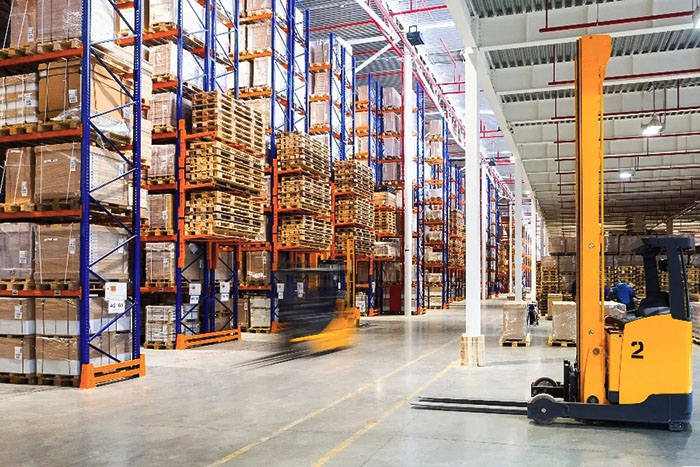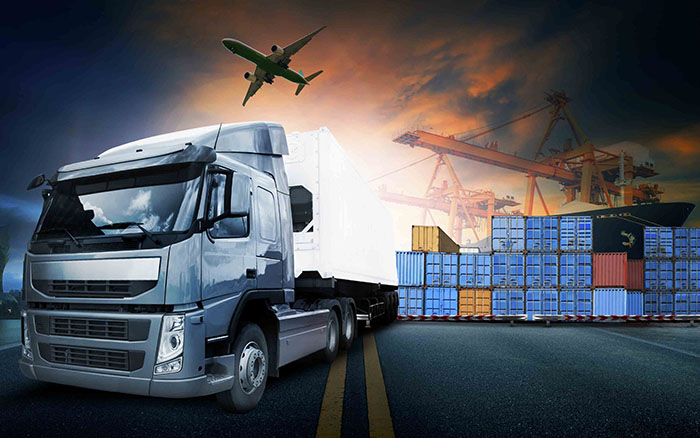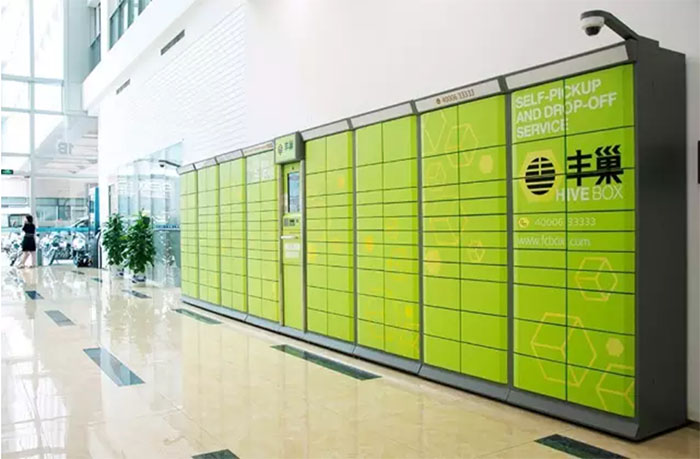Internet of Things technology is a comprehensive technology, and its application in the logistics industry has the characteristics of scale, extensiveness, management, and technology. Technology plus traditional logistics becomes smart logistics.
Smart logistics refers to the realization of system perception, comprehensive analysis, and timely processing in all aspects of logistics such as transportation, warehousing, packaging, loading and unloading, circulation processing, distribution, and information services, supported by information technologies such as the Internet of Things, big data, and artificial intelligence. processing and self-adjusting functions. The realization of smart logistics can greatly reduce transportation costs in various related industries, improve transportation efficiency, and enhance corporate profits.
Based on the current development of the industry, this article summarizes three aspects of the application of Internet of Things technology in the logistics industry, namely cargo warehousing, transportation monitoring, and smart express cabinets.
1. Cargo warehousing
In traditional warehousing, manual scanning of goods and data collection are often required, which results in low work efficiency. At the same time, warehouse cargo locations are sometimes unclearly divided, chaotically stacked, and lack process tracking. Applying Internet of Things technology to traditional warehousing creates an intelligent warehousing management system, which can improve the efficiency of goods entry and exit, expand storage capacity, reduce labor intensity and labor costs, and can display and monitor the entry and exit of goods in real time, improving delivery Accuracy, complete tasks such as receiving goods and warehousing, inventory allocation, picking and shipping, as well as data query, backup, statistics, report production and report management of the entire system.


2. Transportation monitoring
Real-time monitoring of transported trucks and goods through the logistics vehicle management system can complete real-time positioning and tracking of vehicles and goods, monitor the status and temperature and humidity of the goods, and simultaneously monitor the speed, tire temperature and pressure, and fuel consumption of the transport vehicles. , vehicle driving behavior such as vehicle speed, and driving behavior such as braking times. During the transportation of goods, information such as goods, drivers, and vehicle driving conditions are efficiently combined to improve transportation efficiency, reduce transportation costs, reduce cargo losses, and clearly understand transportation everything in the process.


3. Intelligent Express Cabinet
The smart express cabinet is based on the Internet of Things technology and can identify, store, monitor and manage objects. Together with the PC server, it forms an intelligent express delivery system. The PC server can process the information data collected by the smart express terminal and update it in the data background in real time, making it convenient for users to query express delivery, allocate express delivery, and maintain express delivery terminals.
After the courier delivers the parcel to the designated location and deposits it into the express terminal, the smart system can automatically send a text message to the user, including the pickup address, verification code and other information. The user can go to the smart phone at any time within 24 hours. Pick up the goods at the terminal and complete the pick-up service simply and quickly.


In addition to applying Internet of Things technology, smart logistics also includes related technologies such as cloud computing and artificial intelligence. It transmits the collected data to the cloud platform and uses cloud computing and artificial intelligence technology to analyze and process the data, which can improve transportation efficiency and Save human capital, and IoT technology is an important way to obtain data in traditional industries. It is crucial to develop the IoT industry.